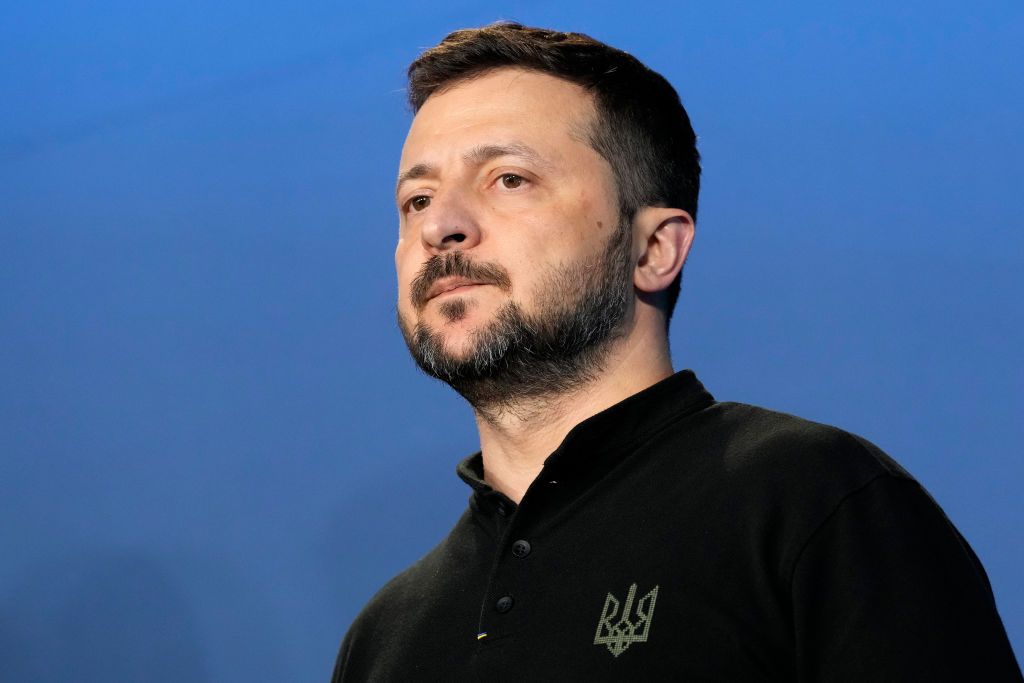Our peace efforts have to engage Russia, but not on Putin's terms, EU's top diplomat says

Future peace efforts have to involve Russia, but they cannot be based on terms laid out by Russian President Vladimir Putin, the EU's chief diplomat, Josep Borrell, said on July 22 in Brussels.
Responding to a question about Kyiv's plans for a second peace summit, Borrell said he is certain that President Volodymyr Zelensky's "will to continue advancing on peace talks and to have another conference with Russia's attendance is real."
Although Russia was not invited to the inaugural peace summit in Switzerland in mid-June, Ukrainian officials said they want to invite Moscow's representative for the follow-up conference.
The Russian Foreign Ministry initially rejected the possibility outright, but the Kremlin later softened its position, saying that "it is necessary to first understand what he (Zelensky) means."
"We already said what we have said in Switzerland: the next steps require the involvement of Russia," Borrell commented at a press conference in Brussels.
"But have a look at what Putin said during the visit of (Hungarian) Prime Minister (Viktor) Orban to Moscow. Have a look. These are the preconditions of Putin," he added.
After meeting Putin in Moscow earlier in July, the Hungarian prime minister said the Kremlin's chief is only willing to engage in talks based on the unsuccessful negotiations with Ukraine in early 2022.
According to a leaked draft, such a peace treaty would ban Ukraine from joining NATO, put constraints on its Armed Forces, and de facto leave some Ukrainian territories under Russian occupation.
In June, Putin named Ukraine's full withdrawal from Donetsk, Luhansk, Zaporizhzhia, and Kherson oblasts as a precondition for talks. Russia, which illegally declared annexation of these regions in 2022, occupies most of Luhansk and only parts of the remaining three oblasts.
"But certainly, we have to engage in any hope for peace through diplomatic talks but on some basis - not on Putin's basis," Borrell noted.












